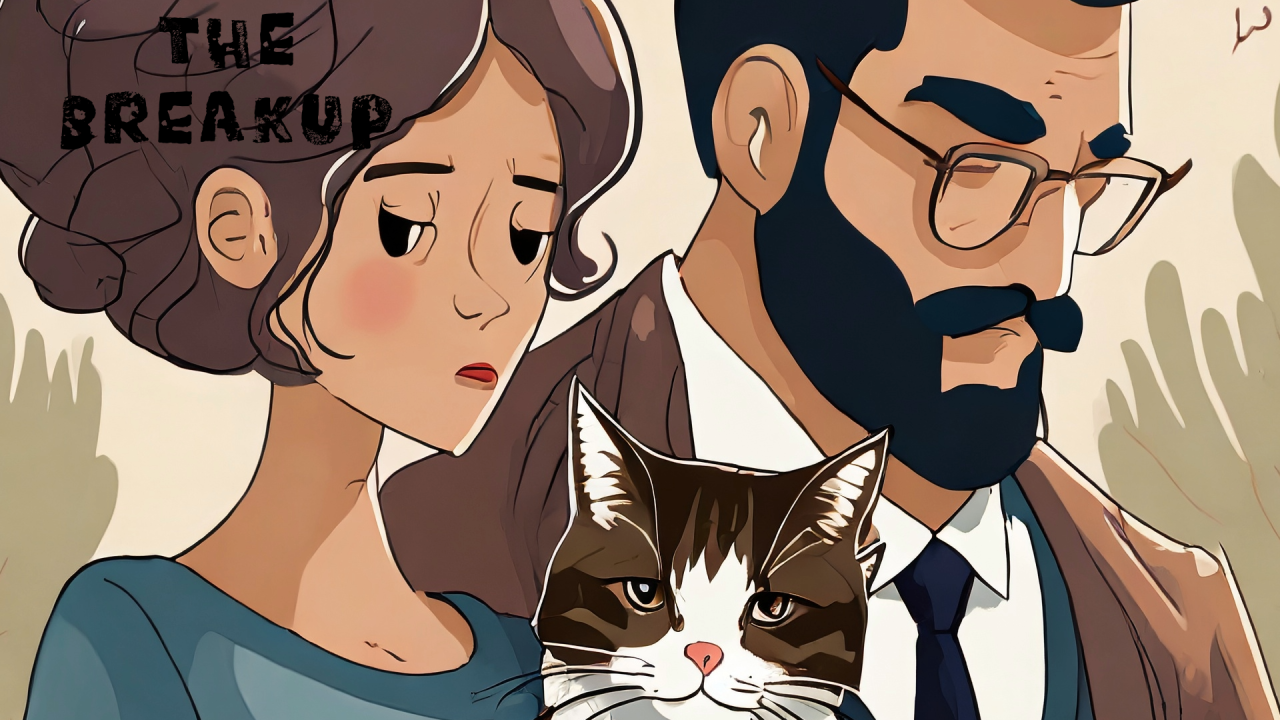
Last night’s rideshare client looked demon-possessed as her mother and a bar patron helped the young woman stagger into my car. I handed them a barf bag and turned down the thermostat a few degrees.
Within five minutes, the daughter was trying to hit her mother while slurring and yelling hurtful comments about the woman who gave her life. I’m not exaggerating when I thought about one of those scenes in the movie, The Exorcist.
My seat was taking some hits on the back and I asked, “Do I need to pull over?” The mother was embarrassed and kept apologizing to me. I reminded her several times that an apology wasn’t needed. My job was to get them home safely.
Mom’s latest sales achievements were being celebrated when things got sideways with her daughter. It was more than a few drinks. The daughter calmed down after five minutes and the mother started to cry silently. I spent the next 15 minutes listening to a single mother grieve the moments we were sharing on this sad ride.
She told me about the education support and all the good things she provided for her only child. It was the typical theme of, “I give you everything, and this is how you treat me,” words from a broken mother.
my experience in these situations?
Then she asked me how I dealt with these situations in my family. I didn’t want to make her feel worse and say I had never come close to having a Linda Blair moment with my kids. Like any parent, I had real empathy for the pain this woman was experiencing.
“It’s the joy of giving them what they think they need, balanced with the reality of what we know they need in this life, and then letting them know why. All the time,” I said.
We pulled into the driveway. The mom helped her daughter get out of the car like a cowboy helping a saloon patron in an old Western movie. I picked up a purse full of scattered personal items in the back seat and sat it on the front door of their nice suburban house. I looked at the mom and said something trite like, “You’ll be okay.”
As I drove away to my next rider, I said a quick healing prayer for this family and expressed gratitude for my blessings. Then the manager gears started grinding. How does this scenario present itself in our daily walk as business leaders?
management lessons from this ride
We’re challenged with the balancing act of managing the high-maintenance, but high-performing talent. We want to listen to their needs and ideas because we need their high-performance results. Yet, we see the larger strategy and we know what is needed for the good of the work family, or we know why their plan isn’t in the best interest of the company’s goals and vision.
This creates conflict, and we put on our parenting pants. Unlike my rideshare clients, our moments developing manager/employee strategy aren’t as serious and life-altering as the parent/child bond. However, it sets a tone for how our team accepts our managerial parenting.
Leaders, know why you’re leading your team on a path or up a mountain. Providing them with the tools is great, but we’ll get more respect if we vocalize our strategy. Repetitively. It’s not good enough to say it once.
We don’t expect our customers to understand our brands in one explanation, or to use us just because we’re here. Why would we expect our team members to understand our purpose unless we provide the words and the example of our strategy?
Finally, like my clients, it doesn’t always work. Accept failure. Go through the stages of grief. Roll your eyes. Learn from it, but don’t let it win. Reset your strategy and show the team where it’s going. Repetitively.
(This post originally appeared on LinkedIn on August 21, 2023. https://bit.ly/3P9nRMj





